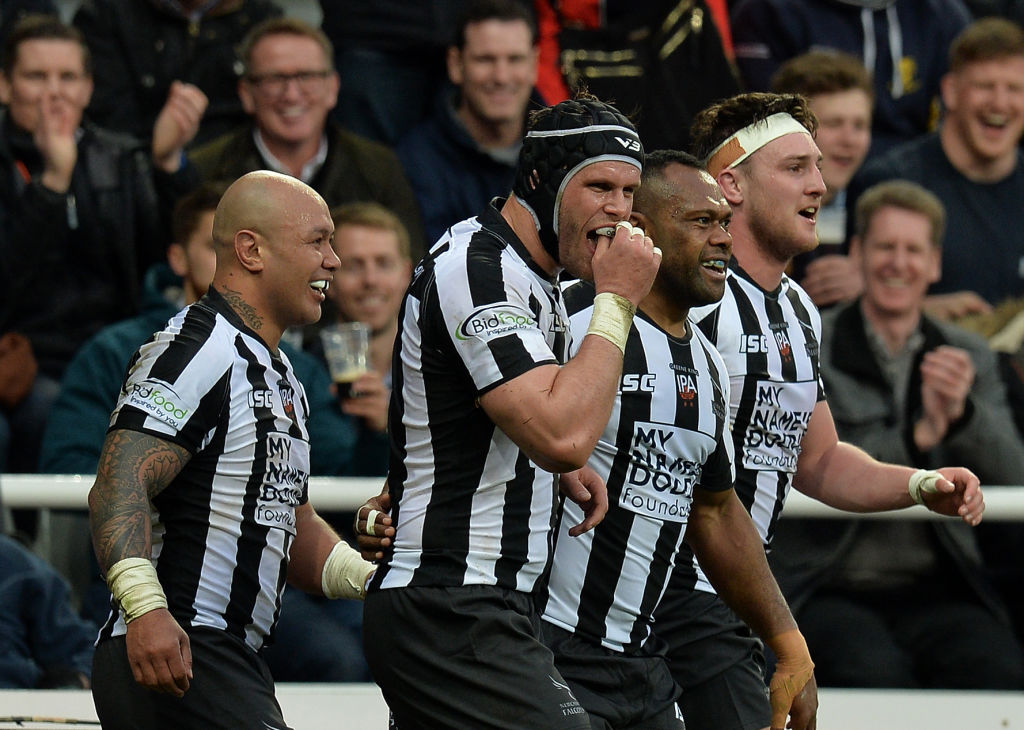
By Jon Newcombe
WHEN Mick Hogan first joined Newcastle as head of marketing in December 1999 he saw an opportunity lost. The side that had won the inaugural Premiership only 18 months before was beginning to break up and were watched by an ever-dwindling fanbase.
Nearly two decades on, they are enjoying their best season since Sir John Hall’s riches bought them silverware, and Hogan, the managing director in all but name, is playing a key role in driving the club forward off the pitch as they pursue sustainable success.
He says: “I joined the club in December 1999, 18 months after they had won the Premiership and my first game was a Friday night European Shield game against a team from France and the crowd was 1,234. I remember it because it was 1-2-3-4. Gates receipts for the night covered Inga Tuigamala’s wages for the first 19 minutes he played and no-one else’s!
“The team had been put together to win the Premiership and did a great job. But it was an old team and there was nothing coming in behind it once they’d moved on. It took a number of years to get back on an even keel and start producing the players.”
Jonny Wilkinson, of course, was a couple of years into his stellar career by then, and already Newcastle’s most marketable asset alongside Tuigamala.
However, the team that DoR Dean Richards has built is exactly that – a team. They don’t have a poster boy to pull in the crowds. Outstanding community work, treating people the right way and 12 Premiership wins have helped swell interest instead.
Nine of last week’s matchday 23 could be considered ‘home-grown’ with inspirational captain Will Welch among them; to most Geordies, he probably sounds more like a character from Viz than one of the region’s most unheralded sporting stars.
Even Fijian star Niki Goneva’s name would have been largely unfamiliar to most of the casual fans or first-time attendees that turned out in droves for last week’s ‘Big One’ against Northampton at St James’ Park. Until his Alan Shearer-style celebration, that is.
Hogan, now in his third spell at the club having worked at Premier Rugby, the RFU, Sale and Wigan RL between times, is hopeful that the brilliantly-staged event, which attracted a club record crowd of 30,174, will help win over more hearts and minds.
“Football is king in the North East and always will be, but what we’ve shown is that you don’t have to be a football fan exclusively, you can still come along to watch rugby too, even if it is not every game.
“We estimate that a third of that crowd (nearly three times their previous best) will have never seen a Falcons game before, that’s 10,000 new people. If we convert 10 per cent of those into regular attendees that would mean an extra 1,000 people on the average gate. That is worth approximately a quarter of million pounds to our bottom line.
“To have a five-figure average home attendance would seriously transform our business.”
Helped by the success of the ‘Big One’ and the success of the team – not since 2001/02 have Newcastle garnered as many points in a season, and there are still four rounds to go – average attendances are up by 40 per cent.
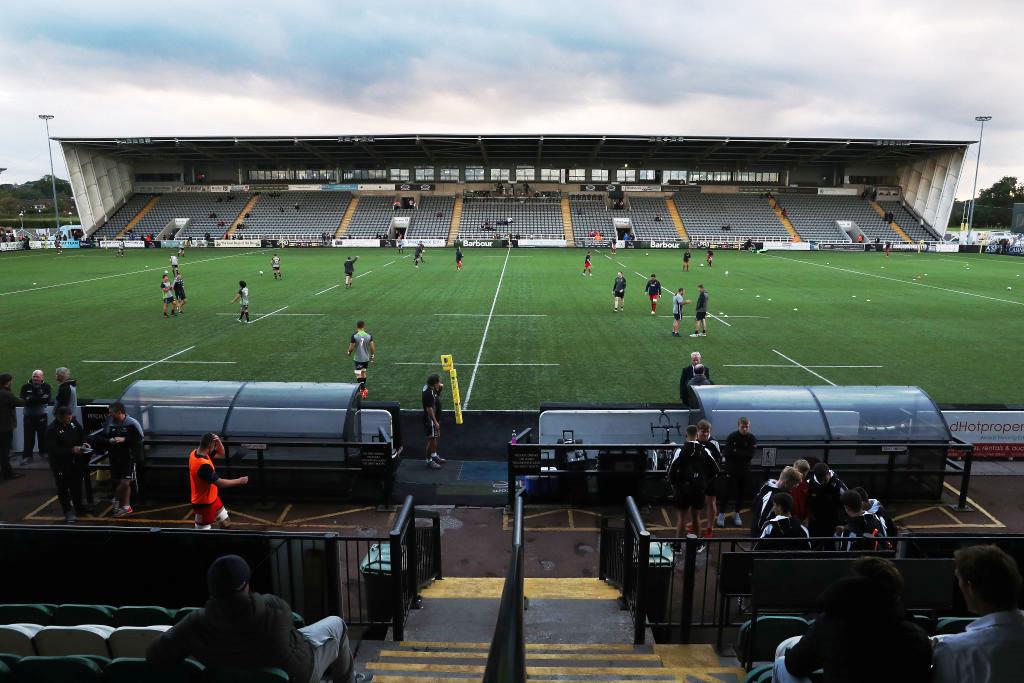
(Photo: Getty Images)
There are plans to increase the capacity of Kingston Park from 10,200 to 11,730. A new hospitality suite also forms part of the scheme, along with a dedicated players’ facility, all-weather pitch, new floodlights and community changing facilities.
How much money Dean Richards has at his disposal for recruitment is unclear, although TRP understands announcements are in the pipeline.
Hogan says: “We (the commercial team) are trying to give the on-field team the biggest chance they can have to be successful on the pitch by increasing revenue. There’s no point in raising a load of money if you don’t see benefit in the team. Without Newcastle Falcons no-one has a job, so they are quite rightly placed at the pinnacle of what we do.”
Only London Irish spend less than Newcastle on players, making Richards’ achievement in transforming the club into serious play-off contenders all the more impressive.
Hogan adds: “Thankfully, in sport, having the biggest budget doesn’t always mean you’re going to be the most successful. If it did, we’d just get 12 owners to sit around the table and produce their bank balance sheets.”


British and Irish Lions
Go with your boy for the British and Irish Lions, Lawrence Dallaglio tells Andy Farrell


















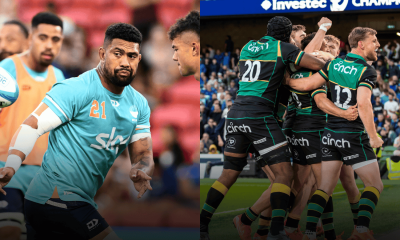
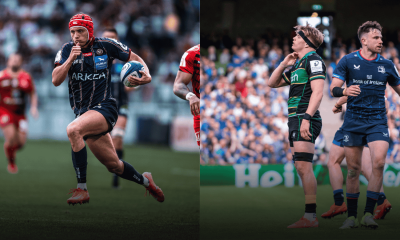
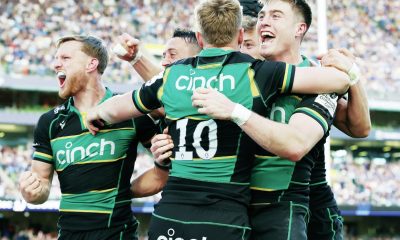
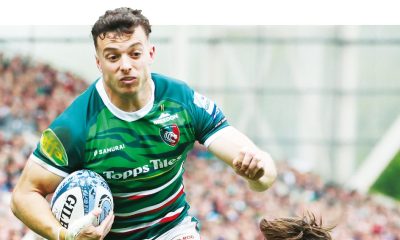

You must be logged in to post a comment Login